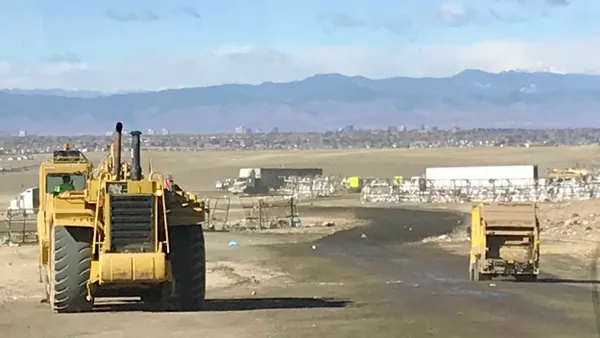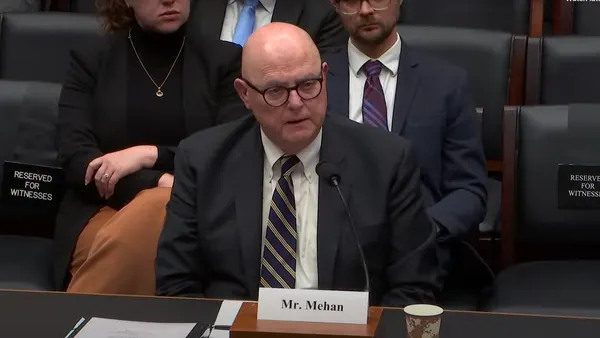Dive Brief:
- Waste from the greater Portland, OR area will no longer go to new or expanding landfills as of 2020, following a decision by the regional Metro Council.
- The council voted 5-2 during a May 25 meeting to make the ordinance cover any sites that have yet to receive permit approval from Oregon's Department of Environmental Quality (DEQ) and begin implementation in 2020. According to recent research, more than 100 years of disposal capacity currently exists within 200 miles of Portland. Because of this, supporters of the ordinance said they didn't want Portland's disposal needs to serve as justification for new or expanded capacity.
- One site that will be affected by this decision is Waste Management's Riverbend Landfill, which is estimated to have less than one year of capacity left. The company's application for 10-15 years of capacity expansion has been submitted to DEQ and is pending a review by the Oregon Supreme Court. Based on the Metro Council's decision, this site will be ineligible to receive Portland's waste by 2020 even if the expansion is approved.
Dive Insight:
The Metro Council has been actively discussing regional landfill capacity since 2014 due to resident concerns about various sites, including Riverbend, and this has become a more pressing topic ahead of an upcoming contract decision. Metro's 30-year disposal contract with Waste Management is currently set to expire at the end of 2019. Though this latest decision could take Riverbend out of the equation for a potential renewal, the company's Columbia Ridge Landfill is still estimated to have more than 100 years of capacity as do many others in the region.
Due to local policies such as curbside organics collection, a demolition ban for older homes and a recently doubled container redemption rate, the Portland area's waste footprint is already smaller than some other cities of comparable size. Ongoing discussions about a commercial organics diversion mandate could help preserve further disposal capacity in the future.
Though, like any city, Portland will still need to send its waste somewhere and opponents of the new ordinance questioned whether the decision could have unintended consequences. Without the volumes from Portland residents some of the landfills that they are most frustrated with could end up staying open longer. The practicality and effects of this policy will provide an interesting case study for what happens when municipalities become more discriminate about their disposal options. While local governments often try to regulate where waste is coming from at their disposal facilities, it's less common to see them making decisions about where it goes based on anything besides the cost.









